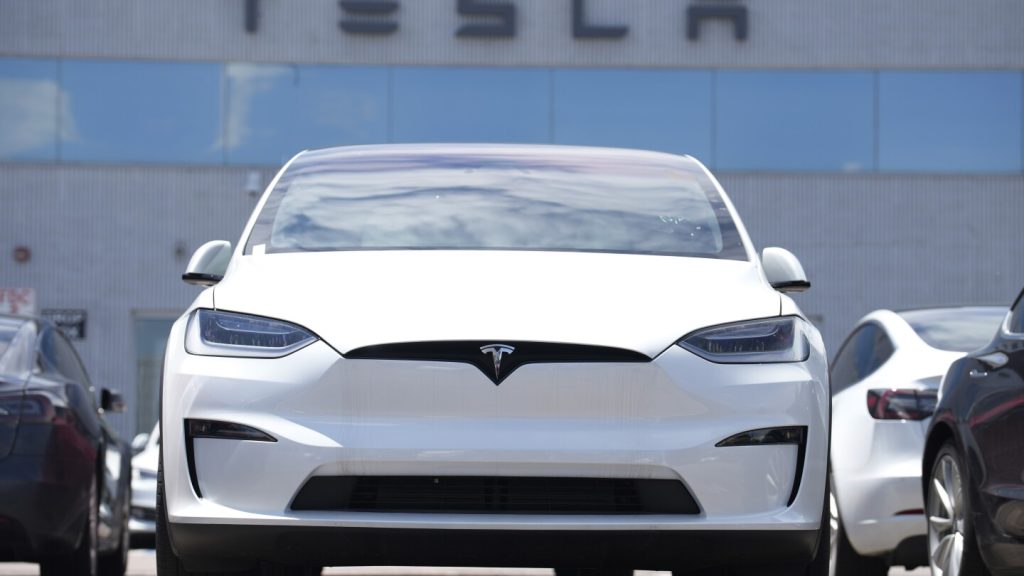Tesla’s sales took a hit last quarter as competition in the electric vehicle market increased worldwide. The company reported delivering 386,810 vehicles in the first quarter, which was almost 9% lower than the same quarter last year and fell short of Wall Street analysts’ expectations. Tesla attributed the sales decline to various factors including production issues, plant shutdowns, and an arson attack that disrupted operations at its German factory. The company had previously predicted lower sales growth for the year, citing a transition phase between expanding its existing models and introducing a new, smaller, and more affordable vehicle.
To boost sales, Tesla had implemented price cuts for some of its models, including reducing prices by up to $20,000 for certain vehicles last year. In March, the company offered temporary discounts on the Model Y in an effort to attract more buyers. However, these price reductions impacted the company’s profit margins and raised concerns among investors. As a result, Tesla’s stock value has seen a significant decline this year, with shares tumbling by 5.5% in morning trading. Analysts have expressed disappointment over the company’s sales performance for the quarter, with one describing it as an “unmitigated disaster” that could have long-term implications on Tesla’s growth trajectory.
Wedbush analyst Dan Ives, known for his positive outlook on Tesla, lowered his price target for the company following the disappointing sales figures. He highlighted concerns about sluggish growth, declining profit margins, and increased competition in the EV market. Ives emphasized the need for CEO Elon Musk to steer Tesla in a different direction to address these challenges. The company faced production disruptions in various regions during the quarter, including an arson attack in Germany and delays in the U.S. due to Model 3 upgrades. Despite strong sales of the Models 3 and Y, Tesla’s overall delivery numbers fell short of expectations.
The softer-than-expected sales for the first quarter have led analysts to revise their earnings estimates for Tesla’s upcoming financial report. Citi Analyst Itay Michaeli lowered the earnings per share estimate for 2024 based on the company’s performance. The backdrop of slowing EV sales growth in the U.S. adds further pressure on Tesla to navigate a competitive market landscape. While EV sales saw significant growth last year, reaching a record high, the momentum slowed toward the end of the year. Tesla’s ability to address challenges such as production disruptions, pricing strategies, and market competition will be crucial in determining its future success in the electric vehicle industry. Investors and analysts will closely monitor Tesla’s next moves as the company navigates through a challenging period.


